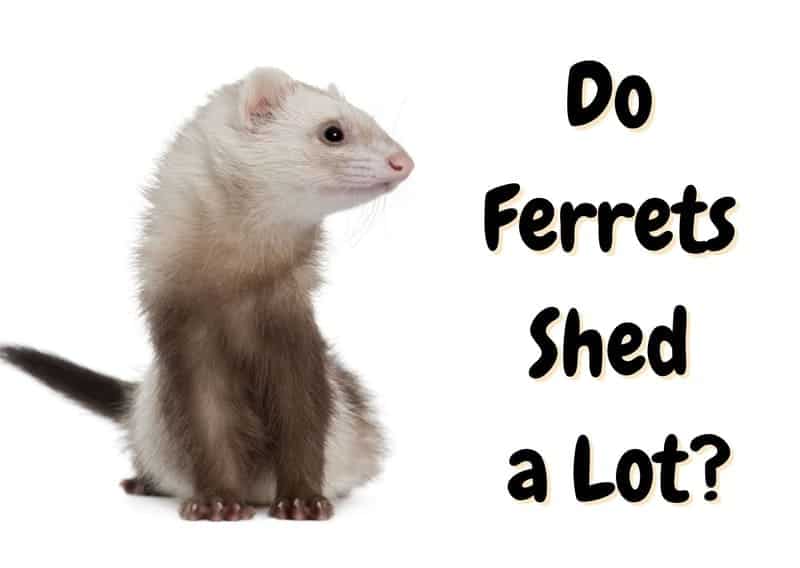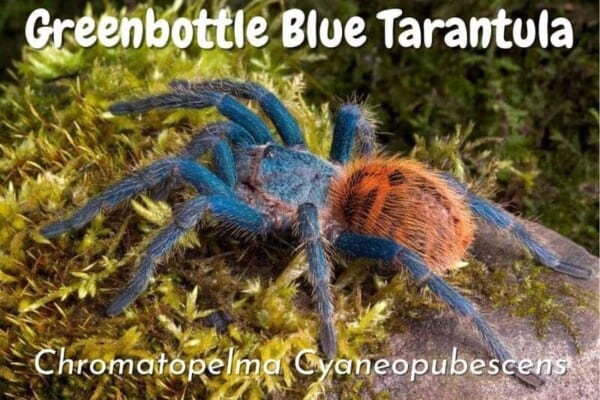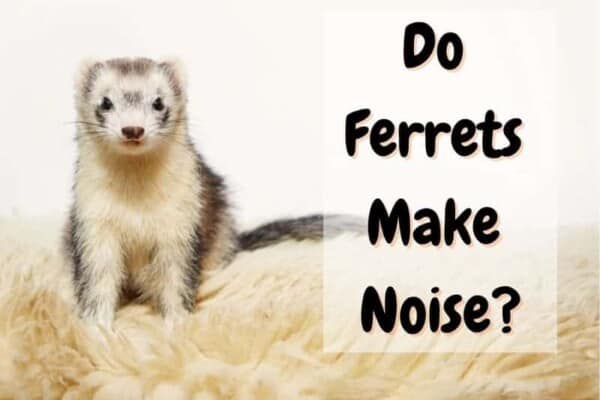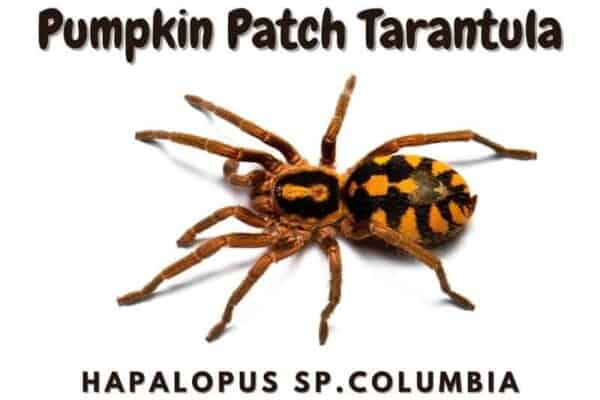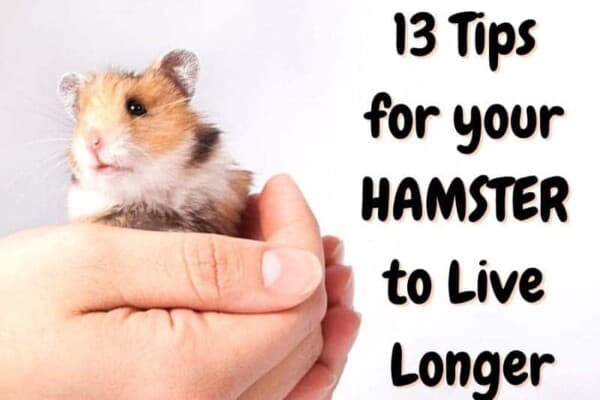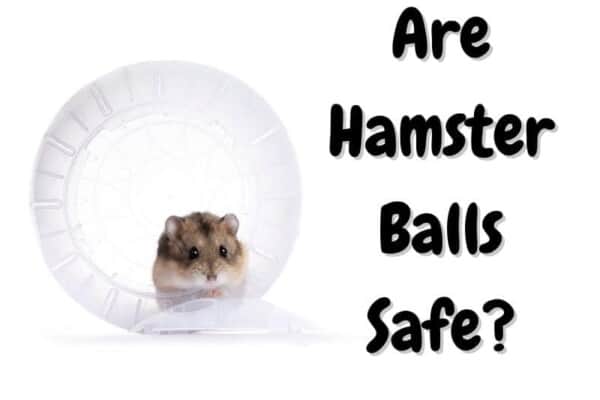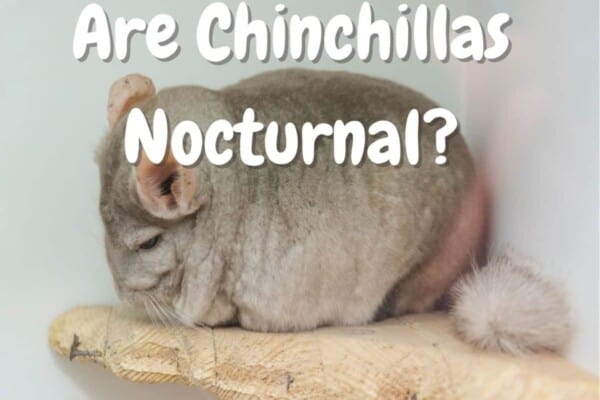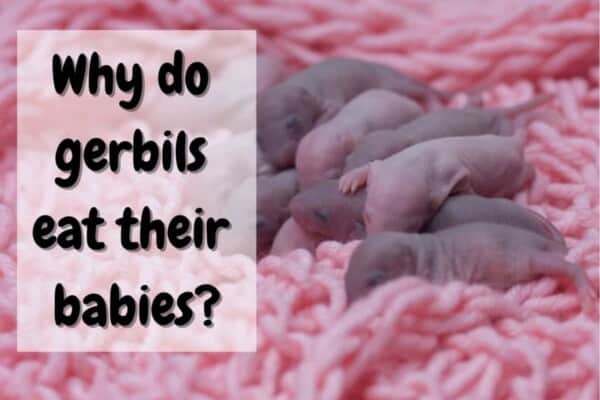A common consideration when someone is bringing home a new pet is whether or not it sheds. Some people are fine with the constant hair or fur everywhere, while other people cannot stand even the tiniest bit of shedding. When it comes to ferrets, you might not expect them to be big shedders, but they actually usually shed twice a year for seasonal molting.
In this article, we are going to go over everything that you need to know about your ferret shedding. We are going to discuss everything from potential causes to tips for avoiding too much fur everywhere.
Do Ferrets Shed a Lot?
Ferrets do shed, like many other domestic pets. However, unlike some cats or dogs, they do not shed all year round. The majority of ferrets’ natural shedding will only occur for a month or two when they are going through a seasonal molt, and the worst of the shedding usually occurs within only a few days.
However, if your ferret is shedding for an unnatural reason, the change may take a longer period of time, and there may be more hair loss than what occurs during seasonal molts. For this reason, it is important to know the difference between seasonal shedding and other hair loss problems like Alopecia.
Why Do Ferrets Shed?
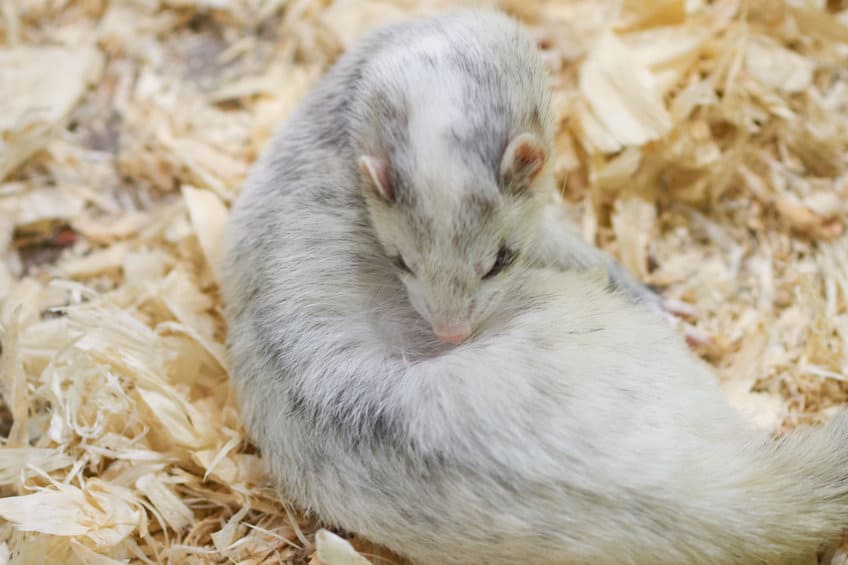
1. Seasonal Shedding
If your ferret is shedding, it is most likely because of seasonal changes. Ferrets are photosensitive, so when daylight hours start to shorten or lengthen, there are a number of different changes that your ferret goes through. One of the changes that you are most likely to notice is your ferret “molting”.
This will happen once in the spring and then once in the fall. In the spring, your ferret will shed his heavy winter coat for a lighter summer coat, and then in the fall, your ferret will shed the light coat for a heavy one.
Seasonal shedding is usually a gradual process, which means you won’t notice massive amounts of hair loss or piles of fur all at one time. Usually, you will notice an increase in shedding for a few days. You may notice that your ferret’s coat starts to look sparse or patchy, but it should start to look normal again within a few days.
When your ferret is going through seasonal shedding, brushing him regularly can help make sure the process goes smoothly, and your ferret remains comfortable.
2. Adrenal Gland Disease
If your ferret is losing hair and it is not because of seasonal shedding, it likely means that something is wrong. A common cause for ferret hair loss is adrenal gland disease. All ferrets are susceptible to adrenal gland disease, but it is most common in aging ferrets.
This disease causes an overproduction of sex hormones that results in hair loss, usually starting at the tail and then moving upward toward the head. The good news is that this disease is very easy to diagnose and can be treated through medication or surgery.
3. Weak Immune System
Hair loss can also be a sign of a number of different immune system disorders in ferrets. If you eliminate many of the other potential reasons for hair loss that are on this list, you may want to get your ferret tested for immune system diseases. When these diseases are not caught early, they can lead to a number of more serious and expensive problems.
4. Allergies
Unwanted or unnatural hair loss can also be a sign that your ferret is allergic to something in his environment. This could be something in your yard or a certain soap you used for your ferret or something else entirely.
If you think the hair loss is because of allergies, you might want to get your ferret tested, get medication, or start switching different things out to try to figure out what exactly is causing your ferret to shed so much.
5. Alopecia
Alopecia is another common cause of unwanted hair loss in ferrets. It is most common in unfixed male ferrets around mating season, but it can happen to any ferret. In ferrets, Alopecia is usually called tail alopecia because it results in almost complete hair loss from the tail. Another sign that it is Alopecia is when the skin where the hair used to turn scaly.
The good news is that Alopecia is not usually a permanent problem. Oftentimes it will fix itself after your ferret goes to a normal shed because the hair usually grows back. However, you should still take your favorite to the vet to see if he is in need of any medication or treatment.
6. Diet
A poor diet is a very common cause of hair loss in a ferret. Ferrets have very specific dietary requirements. They have to get a lot of animal proteins and fat, or else they will become malnourished.
When a ferret becomes malnourished, they tend to begin to lose fur. If your ferret starts to lose a lot of hair all of a sudden, make sure they are getting enough nutrients before looking towards other potential causes.
7. Hygiene
Ferrets groom themselves, for the most part, like cats. However, there may be times where your ferret gets extra dirty and needs a bath. Hair loss can be a sign that your ferret is either not getting clean enough or that you are bathing your ferret too much and drying out his skin. You should never be bathing your ferret more than once a month – actually, you should try to bathe him even less than that.
8. Parasites/Bacteria
Parasites or bacteria are not the most common cause of hair loss in ferrets, but it is still possible. Oftentimes when ferrets spend a lot of time outside they can pick up things like fleas or mites.
While these parasites do not directly result in hair loss, they often caused a lot of scratching, which can then lead to natural hair loss. Usually, these parasites and pests can be treated simply with some sort of topical medication or product.
How Long Do Ferrets Shed For?
If your ferret is shedding due to natural causes (i.e. seasonal shedding), the major shedding should only occur for a few days. After a few days, there may be a little bit of shedding here and there for six to eight more weeks, but you should not notice any massive amounts of hair loss. This few-day cycle will happen twice a year, once in the spring and once in the fall.
On the other hand, if your ferret is shedding because of one of the unnatural causes listed in the previous section (Alopecia, allergies, hygiene, etc.), the hair loss will likely continue until your ferret has either lost most or all of his hair or until the problem is resolved. For this reason, if you notice unnatural or potentially unnatural hair loss, you should take your ferret to the vet immediately.
How Much Hair Do Ferrets Shed?
The exact amount of hair your favorite shed will depend on a number of different factors. First of all, ferrets usually shed more hair in the spring when they are losing their winter coat than in the fall when they’re shutting the lighter coat.
You may also find that your favorite sheds different amounts of fur at different stages in his life cycle. For example, younger ferrets often lose more hair than older ferrets do. This could be because younger ferrets naturally have more fur in the first place.
How to Prevent Unwanted Hair Loss
There are a couple of different things you can do to help prevent unwanted hair loss. First, make sure you are properly caring for your ferret. Make sure that you are taking care of any grooming needs, not bathing him too much, and make sure he is medicated against pests like fleas and mites.
Adding a humidifier to your house can also prevent hair loss. Often when ferrets have dry skin, they either get itchy, which can lead to hair loss, or the dry skin itself can lead to hair loss. A humidifier will help ensure that your ferret’s coat and skin stay properly hydrated all year round.
Tips to Keep Your House Ferret-Hair Free

1. Window Squeegees
Usually, people use vacuums to clean up unwanted pet hair, but if that does not seem to be doing the job well enough, you can actually try using a window squeegee. Run the squeegee back and forth along your carpet to loosen up clumps of stubborn hair. After all the hair is loosened up, you can either try vacuuming it up again or just pick up the clumps with your hands.
2. Use The Right Vacuum Cleaner
Not all vacuum cleaners are created equal. You need to make sure that you get a vacuum cleaner with great suction power, a belt with great endurance, and an effective agitator brush. Without these things, your vacuum will likely fail at picking up the fur you want it to.
3. Tape Roll
If you are trying to get rid of ferret hair on your clothes or on furniture, a roll of tape is a quick and cheap way to clean up the fur. Take the sticky side of the tape and tap it around on the surface that you are trying to clean. The ferret hair will stick to it, and before long, you will have a hair-free surface.
4. Washing Machine
Not only to remove your ferret hair but also to kill off germs or bacteria, you should regularly throw any blankets or rugs into your washing machine. Wash the blankets and rugs with a water softener or white vinegar to make sure any fur gets loosened in the machine. Make sure that when you are done washing the blankets and rugs, you pick up any loose fur stuck to the side of the washing machine. Make sure that you let the rugs and blankets air dry in a space completely away from your ferrets, or else your ferret’s fur will just stick to the wet surface all over again.
5. Dampened Rubber Clubs
Rubbing damp rubber gloves over any fabric surface creates static energy that will lift fur and other debris right off of the cloth. This is really helpful when trying to remove hair from large fabric areas such as pillows, beds, or sofas.
6. Anti-Static Spray
Spraying down your surfaces and the carpet with an anti-static spray will both make it easier to clean up the fur, and it will help the fur from sticking in the future. After you are done spraying down the surface, you can run the vacuum over it or some other cleaning device to pick up the leftover fur.
7. Regularly Brush Your Ferret
This is the last tip is to help prevent the accumulation of ferret hair in the first place. By regularly brushing your ferret, you are not only making your ferret more comfortable but also removing the loose fur in a controlled and easy process. This will keep it from falling off later all over your house.
Are Ferrets Hypoallergenic?
Ferrets are considered hypoallergenic despite the fact that they shed. The reason for this is that ferrets do not shed dander, which is what most people are allergic to when domestic animals like cats or dogs shed. However, it is still possible to have an allergic reaction to a ferret, so if you are concerned, you might want to check with your doctor or get tested before bringing your new pet home.
If you are only minorly allergic to ferrets, you will likely be fine as long as you keep your ferret out of your bedroom or the small spaces that you are in.
Do Ferrets Like To Be Brushed?
Whether or not your ferret likes to be brushed really depends on the individual ferret. Some ferrets absolutely love the experience and will sit there for hours being brushed, while other ferrets will barely sit still long enough for you to finish with one stroke. The earlier you expose your ferret to being brushed, the more likely he is to be okay with it.
Resources and further reading:
- The Effects of Day Length on the Coat-Shedding Cycles, Body Weight, and Reproduction of the Ferret, Nancy E Harvey and WV Macfarlane

